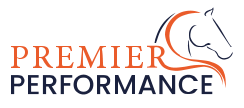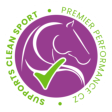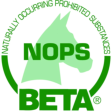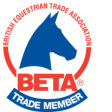in basket
TOP OFFER - SUMMER20 - 20% OFF and 4 FREE seasonal products!
Equine diet and hoof health
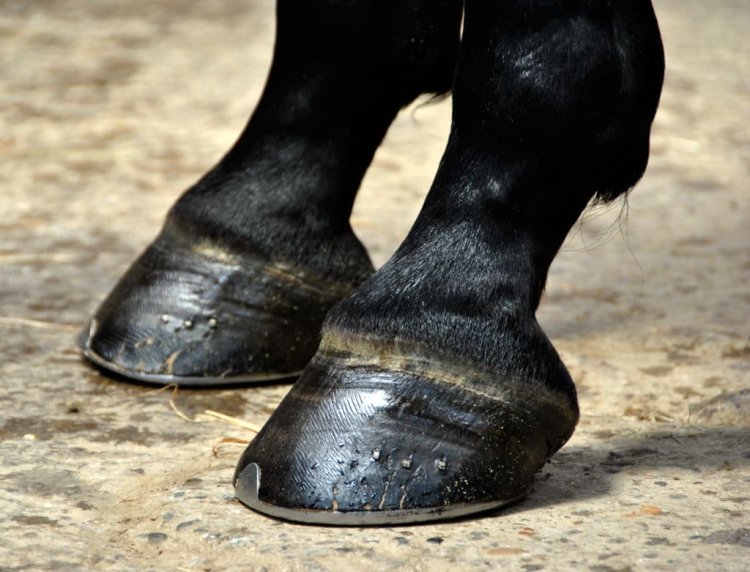
Factors affecting hoof health
There are many factors that appear to affect hoof health and the majority of these are related to management; for example, what the horse is fed, hoof care and farriery. There is very little evidence that hoof health is genetic although it has been reported that some horses can inherit weak hooves and that is difficult to change. We can select horses for speed, paces or jumping ability and neglect hoof quality. However, it is possible to improve your horse’s hoof health through good hoof care, farriery and nutritional support.
Equine diet and hoof health
A well-balanced diet will generally contain enough of the nutrients needed to support hoof health; however, every horse is different plus age, level of performance and management can all impact on hoof quality. There are several nutritional components that can impact on hoof growth and quality, including protein, minerals, vitamins, and fats.
The role of fats in hoof health
Fats are also important for hoof health and studies have shown that feeding evening primrose oil can affect hoof quality; however, many more studies are required to investigate this. Certainly, the natural diet of the horse (pasture) is a rich source of omega 3 and omega 6 essential fatty acids in favourable ratios of between 4:1 and 6:1. Deficiencies or an imbalance in these essential fatty acids may impact on hoof quality.
The role of protein in hoof health
Protein is an important component of the hoof structure, which is primarily made up of the protein keratin. Proteins consist of amino acids, which are necessary for hoof growth and health, and methionine (an amino acid) has been suggested as important for hoof quality and has attracted particular attention as it is an essential amino acid in the horse, meaning the horse cannot produce it on its own. Although there is limited information available on the requirements of methionine in horses, it would seem that any deficiency in methionine is likely to limit hoof quality. Cysteine (another amino acid) is also involved in the formation of keratin and, along with methionine, this amino acid is found in most hoof supplements to support quality hoof growth in horses.
The role of minerals in hoof health
Calcium (a major mineral) is also known to be important for the activation of an enzyme that is important in the formation of keratin and is found in many hoof supplements for that reason, but remember that a good ratio of calcium and phosphorus is required as high ratios of phosphorus can block the absorption of calcium in horses. The ratio of calcium to phosphorus should be around 2:1, with roughly twice as much calcium as phosphorus required.
Another mineral implicated in hoof quality is zinc, which is present in high concentration in normal hoof tissue and is present in most horse feeds, although often at levels lower than recommended for good health. There is no optimum level of zinc known for horses, but there is little risk of zinc toxicity. Therefore, there is a considerable margin of safety when supplementing the diet with zinc, although your horse should also receive some supplementary copper (another mineral) alongside zinc either in the feed or in the hoof supplement itself.
The role of vitamins in hoof health
Biotin has always been associated with hoof health and of all of the nutrients listed above, biotin is the most researched nutrient for promoting hoof quality. Many studies have looked at the effect of biotin on hoof quality and it would appear that supplementation with between 10 and 30 g of biotin per day (depending on the bodyweight of the horse) for between six and nine months can be a useful way of supporting horses with poor hoof quality. There is little evidence of biotin deficiency in horses; thus, the effects of biotin on hoof quality do not appear to be related to correcting a deficiency, but rather feeding over and above requirements. Because biotin, like other B vitamins, is water soluble it is not stored in the horse’s tissues and therefore the horse’s body uses what is required on a daily basis and excretes the excess in the urine. What is apparent is that some horses need more biotin than others, which may be associated with their individual ability to absorb or utilise the biotin or they might have a higher biotin requirement.
Some horses with poor quality hooves seem to respond better to biotin supplementation than others and it is not known why. However, because optimal biotin levels are unknown some hoof supplements contain very high levels of biotin, but until we know more about biotin requirements it is advisable to feed between 10 and 30 mg of biotin per day depending on your horse’s bodyweight.
Summary recommendations for equine hoof health
For many horses, a balanced diet with naturally occurring biotin, with suitable amino acid and fatty acid balance will support hoof growth and quality. However, a number of factors can impact on whether your horse is receiving adequate levels of these key nutrients, such as forage source, soil type and supplementary feedstuffs fed. Therefore, it is advisable to consult your vet or nutritionist if there is an issue with your horse’s hoof health to ascertain whether supplementary nutritional support is required.
Premier Performance’s Hoof Growth supplement is formulated to support hoof growth and health, alongside good hoof care, farriery and dietary management.
Article written for Premier Performance by Professor Jo-Anne Murray.
